Asia’s Korean Love: How will Korean Soft Power Influence the Region?

Young Indian girls' disappearance links to BTS fandom, revealing Korea's cultural surge globally, challenging US dominance in entertainment markets.

Young Indian girls' disappearance links to BTS fandom, revealing Korea's cultural surge globally, challenging US dominance in entertainment markets.
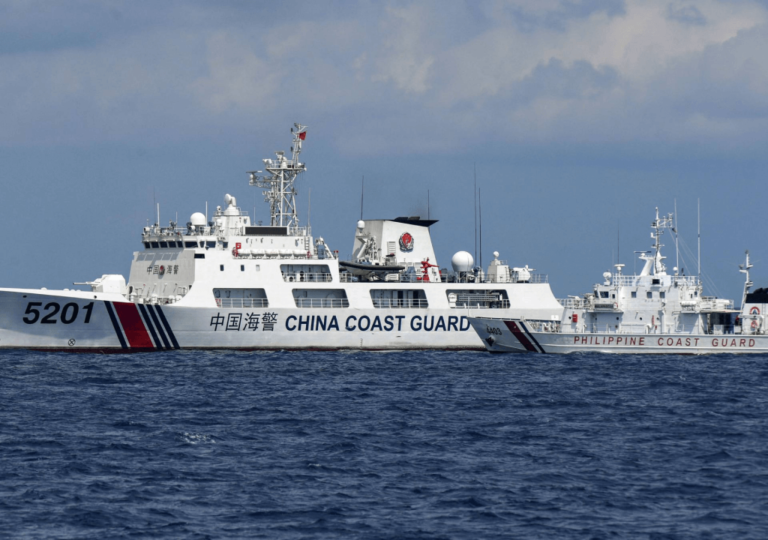
Tensions escalate as China's coast guard clashes with Philippines' vessel, highlighting power dynamics in South China Sea. Diplomatic resolution sought.
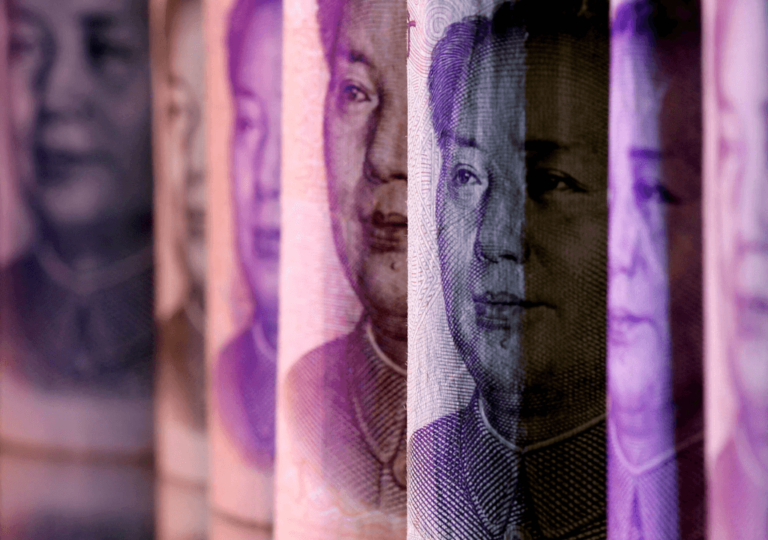
Russian businesses increasingly rely on yuan amid Western banking cutoff, facing scarcity and rising costs, hindering growth amidst geopolitical tensions.
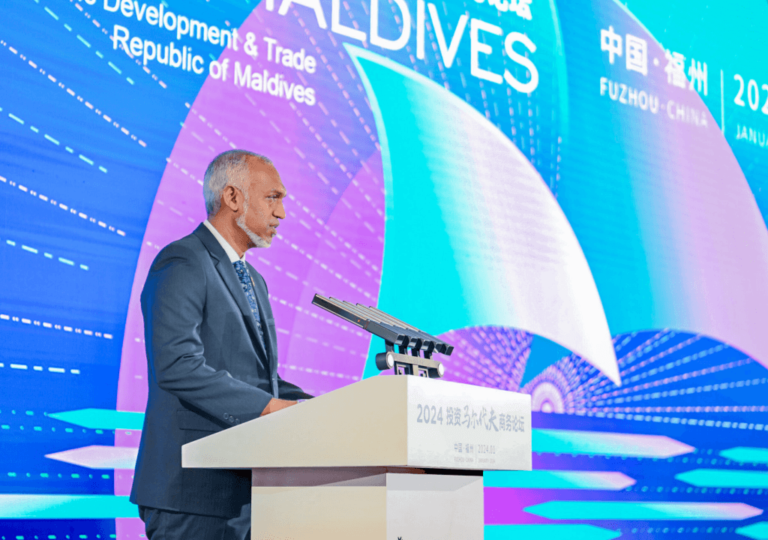
China strengthens military ties with the Maldives, triggering concerns from India. Maldives pivots to China, impacting regional geopolitics and tourism.
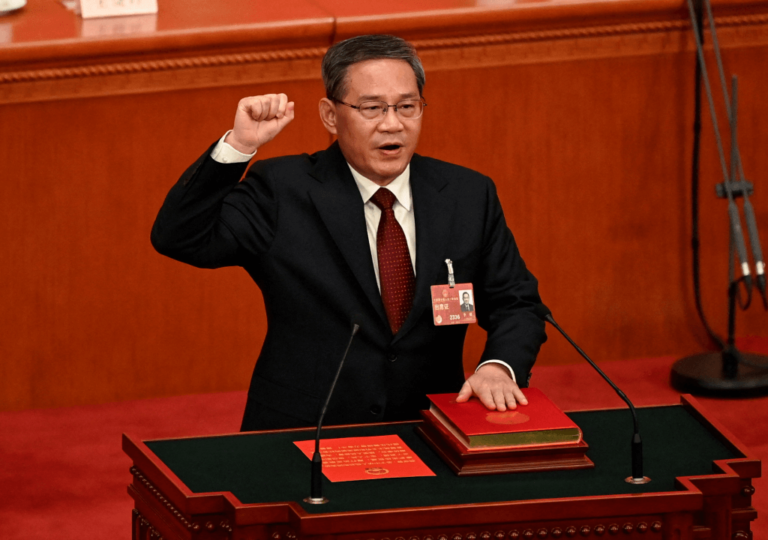
China's "Two Sessions" reveal cautious GDP targets, deep-rooted economic challenges, and strategic shifts towards high-tech manufacturing amidst geopolitical tensions.

South Asian migrants, driven by economic need, navigate perilous jobs globally, with Nepali involvement in conflicts like Ukraine raising concerns.
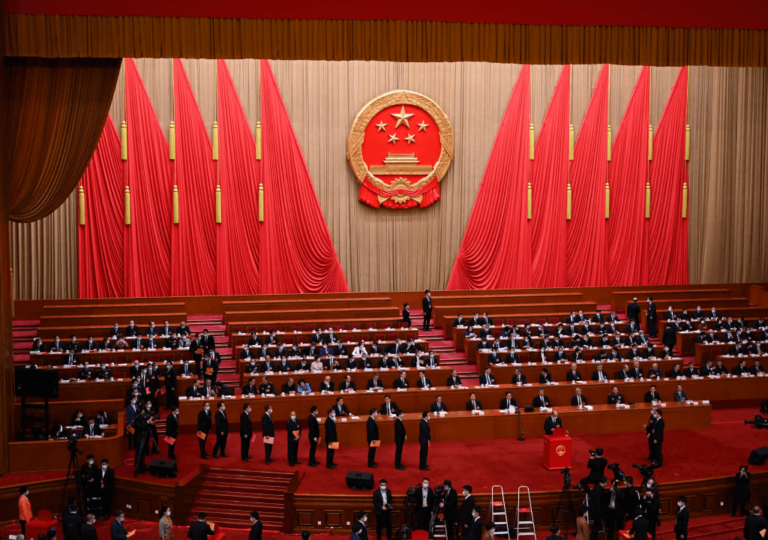
China faces economic, diplomatic, and military challenges, including Belt and Road setbacks. 'Two Sessions' convene to address issues amid political reshuffles.
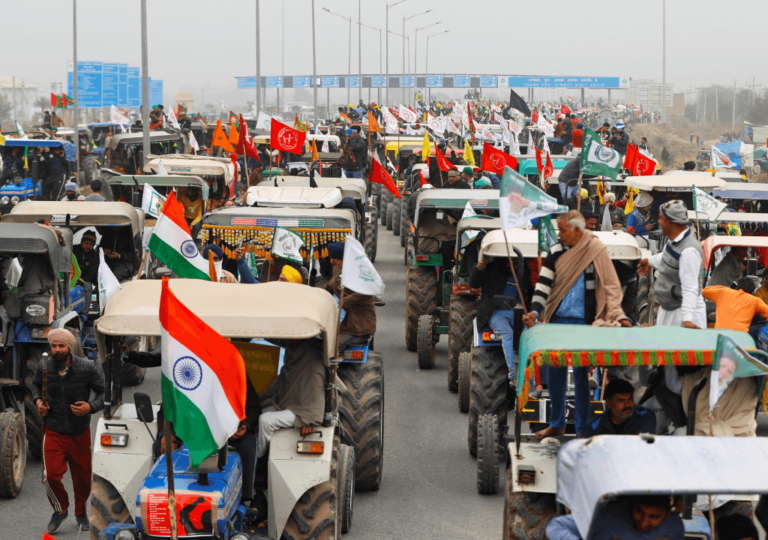
Farmers' protests challenge Modi's reforms, but BJP tactics fragment opposition. Rising tensions spark concerns over democracy in India.

The football World Cup's global impact surpasses major events like the Olympics. Saudi Arabia's bid for 2034 underscores its strategic aspirations.
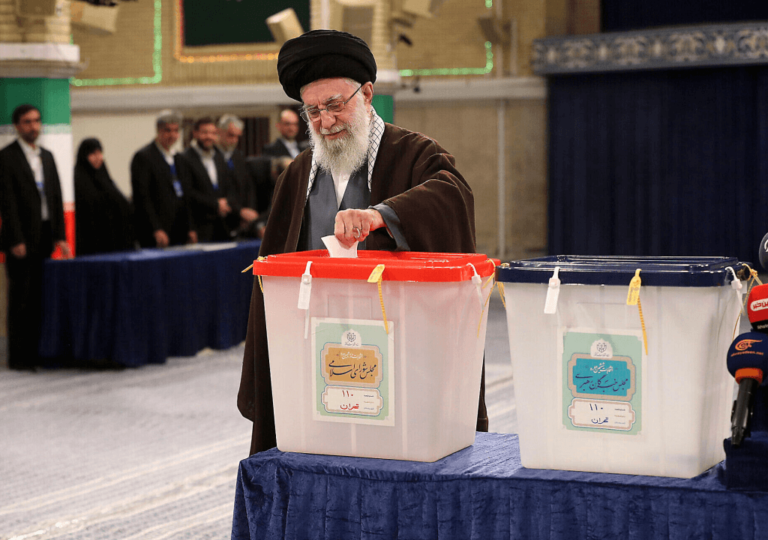
Iran's elections face low turnout amid economic woes and discontent, with strict candidate criteria and boycott calls challenging legitimacy.